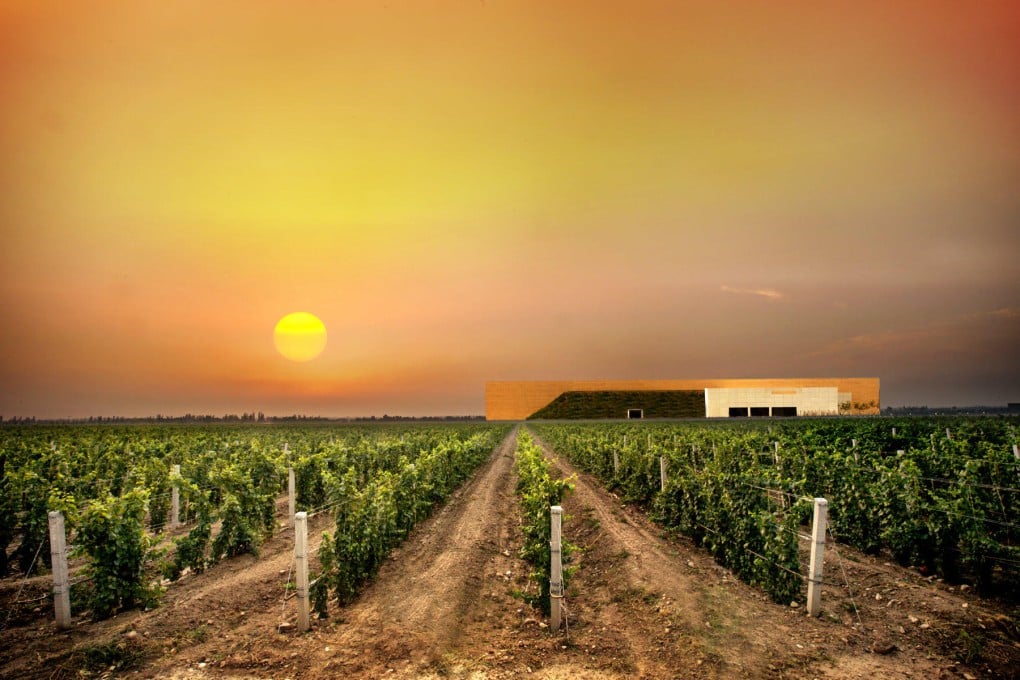Burgundy buyer searches China for the best vintages
Jasper Morris has been scouring Asia, especially the mainland

Jasper Morris, master of wine, is the Burgundy buyer for Berry Bros & Rudd, and the author of , an authoritative and critically acclaimed in depth study of the region.
He has also taken a close interest in the New World wine regions that have, like Burgundy, successfully cultivated the pinot noir grape - notably Oregon and New Zealand.
Morris is now focusing his attention on Burgundy and Asia, after passing on his responsibilities for those regions to newer members of his team.
He has been a regular visitor to Hong Kong and Japan, and has helped educate customers, who might previously have been interested exclusively in Bordeaux, about the subtleties of Burgundy. But he is also interested in finding wines in Asia which might make good additions to the Berry Bros & Rudd list.
On his last trip to Japan, he visited the Koshu vineyards in Yamanashi, he plans to go to Hokkaido next. The idea is to build up a profile of seeing and understanding vineyards in Asia, he said on a recent visit to Hong Kong and Shanghai.
From Shanghai, he took a side trip to Yinchuan in the Ningxia Hui Autonomous Region, where wineries are operated by the Changyu Pioneer Wine Company, LVMH and Pernod Ricard.
